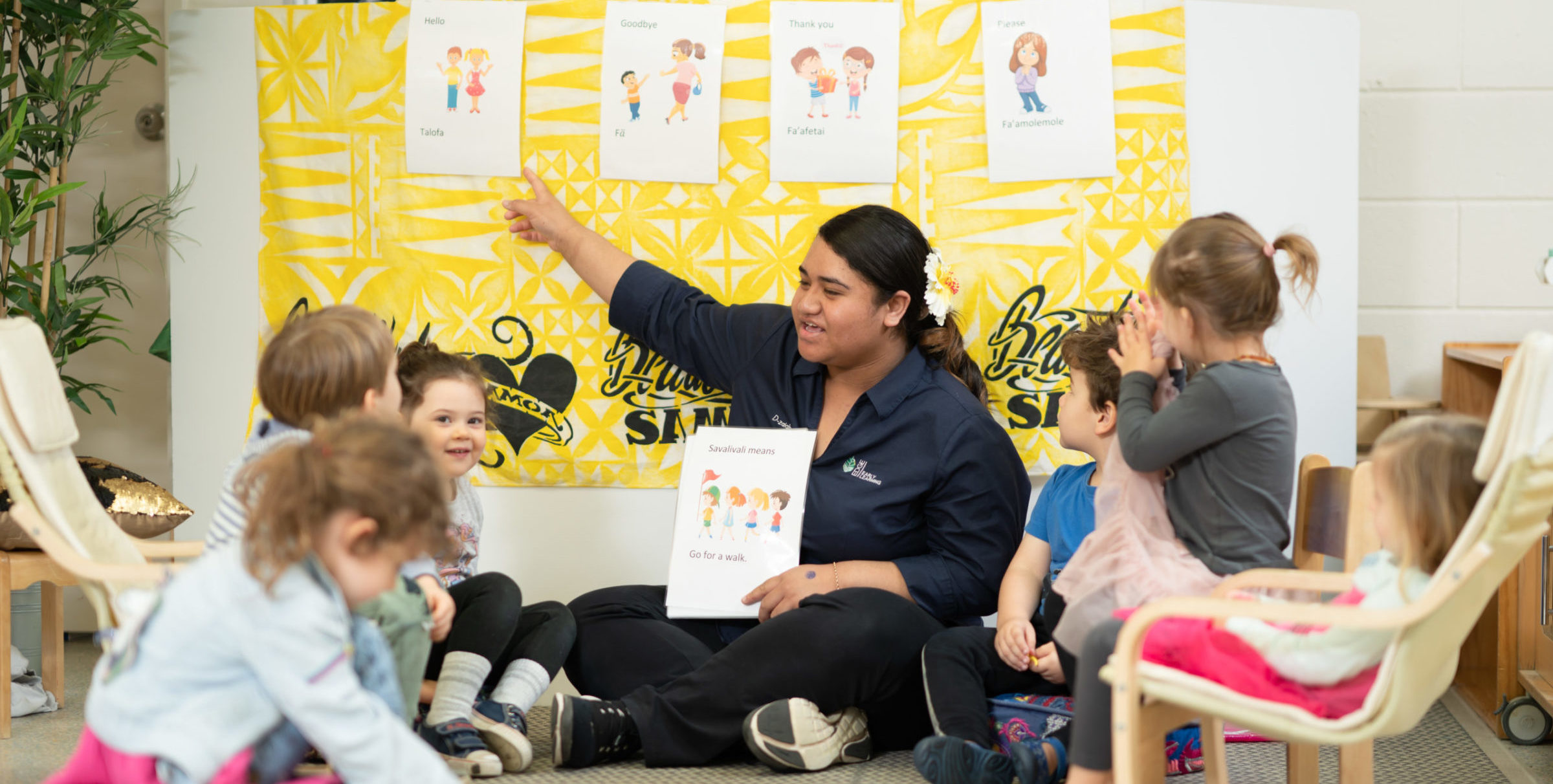Have you ever found yourself wishing you learned a second language in childhood so that it was easier to pick up? Give your child that same gift by enrolling them in language classes – it will help them more than simply when they travel overseas.
There are countless benefits of learning a second language, especially in childhood. From improving their career opportunities to their social skills, not to mention increasing their ability to multitask and their cultural understanding and empathy, your child will gain so much more than simply a second language. But what are the benefits of learning a second language?
Benefits of learning a language
- Career opportunities and advancements: The world is your child’s oyster when they know more than one language. Being bilingual (or multilingual) means they can live and work overseas with ease or liaise with companies internationally.
- Improved communication and social skills: By communicating with their family, peers and strangers in more than one language, your child will gain invaluable communication and social skills.
- Exposure to diverse cultures and perspectives: Your child will learn about other countries while learning a new language, especially if that language is widely spoken. Some words – for example, of foods or cultural practices – may only exist in the other language.
Cognitive benefits of learning a second language
- Improved memory and problem-solving skills: Being bilingual improves the ‘command centre’ in your child’s brain, enhancing their ability to solve problems and retain information.
- Enhanced cognitive development and brain plasticity: By learning and using two languages, your child will develop cognitive flexibility – a skill that requires self-control and increased attention span.
- Increased ability to multitask and switch between languages: In order to switch from one language to another, your child’s brain must be active and flexible – meaning their multitasking skills will be sharpened.
Psychological benefits of learning a second language
- Boosted self-esteem and confidence: Learning another language can help your child to realise their potential. By improving other skills like communication and problem-solving, they will also become more confident in their abilities.
- Increased cultural understanding and empathy: By being exposed to new cultures, your child will be more like to see them – and other cultures like it – in a positive light.
- Development of a positive attitude towards language learning: Learning a language in early childhood is much easier than later in life, so your child will likely have a more positive experience to language learning moving forward.
Benefits of language learning in childcare
When it comes to learning a language, it’s a case of the sooner, the better. In addition to the many benefits we’ve already mentioned, here are some of the key benefits of learning a language in childcare…
- Early exposure to multiple languages: Learning a language in early childhood will make it easier for your child to pick up, while also giving them a head start on other important skills.
- Preparation for future academic success: Many of the skills required when learning a language can be applied to other areas of study, so it’s helpful for your child to master them early.
- Development of a global perspective: The sooner your child is exposed to other cultures, the more well-rounded their perspective of the world and the people in it will be.
What are the best ways to introduce a second language to children?
Now that you know why it’s important for your child to learn a second language, it’s time to learn how to teach them.
- Immersion programs and language classes: Formal language classes or immersion programs are an effective way for your child to grasp the basics of another language.
- Using technology and interactive learning tools: Apps, books, television programmes and games can help supplement your child’s learning of another language.
- Incorporating language learning into daily routines and activities: This is another great way to supplement your child’s learning and help them understand how their new language relates to their day-to-day life.
There are so many benefits for children to learn a second language – both in their early years and later in life. One simple way for them to learn a language is to enrol them with Edge Early Learning. Many of our centres offer language classes for children in early childhood.

